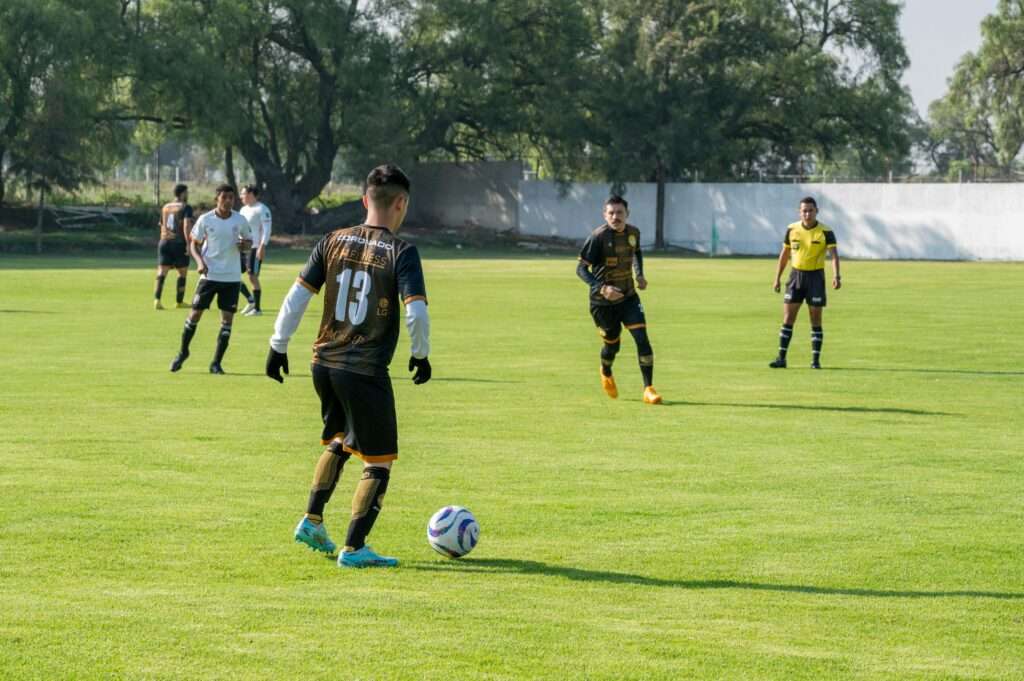Football is not only dependent on individual skills but also on the importance of teamwork. While individual talent can shine on the field, success in soccer comes when players work together as a team. Below are some key reasons about the importance of teamwork in football:
1. Effective Communication
Teamwork creates strong communication between players. Signaling a pass, alerting an opponent or asking for the ball—all these must be done at the right time and clearly. Good communication reduces mistakes and increases team cohesion, which greatly increases the likelihood of success.
2. Compatible Play
Attack, defense and midfield are all important in football. One player cannot control the entire field, so a combined team effort is essential. For example, while forwards attack the opposition, defenders hold the defense tight and midfielders stay connected to the play. Each player has a specific role and only by working together can the team successfully compete on the field.
3. Increase Strength, Reduce Weakness
Each player has their own skills—speed, dribbling, defending or scoring. Through teamwork, players leverage each other’s skills to strengthen the team. At the same time, the weaknesses of players can be picked up by others, so that the whole team becomes stronger together.
4. Building Confidence
Teamwork in football depends on trust. The players depend on each other, so that everyone plays their role correctly. For example, defenders rely on goalkeepers and attackers rely on accurate passes from midfielders. This belief increases the pace of play, reduces mistakes and allows for quick transitions between attack and defense.
5. Team morale and motivation
Team morale also increases when players work together. A united team supports the players during the ups and downs, which keeps the mentality strong even in bad playing conditions. Good teamwork keeps players motivated, because they know the others on the team will be there for them, win or lose.
6. Strategy Implementation
Football strategy and formation depend on teamwork. Each player must understand their responsibilities in order to properly execute the coach’s plan, such as counter-attacking or high pressure tactics. For example, a successful counter attack is only possible when the defender clearly passes the ball to the midfield and the midfielders quickly pass the ball to the attackers. Such strategies work only through proper coordination.
7. Adapting to Change
No game goes completely according to plan. Injuries, tactical changes or unexpected moves by opponents can change the situation. Teamwork during this time helps the team to adapt quickly to new situations. Teams that work well together don’t crumble easily under unexpected pressures on the field.
Summary
Teamwork is the foundation of success in football. From communication to trust, every aspect of the game is greatly improved when players work as a team. A well-organized team can succeed beyond individual talent, proving that collective effort is the key to excellence in football.



